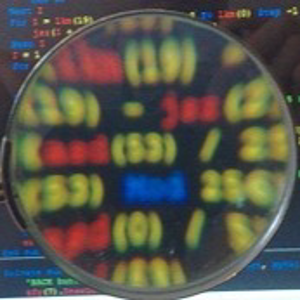I made the following attempt
Public Function RoundToNearestMultiple(ByVal value As Object, ByVal multiple As Object) As Object
Return (value \ multiple) * multiple
End Function
When I Call the Function as given below, I get the Result as Shown Against Each Call
MsgBox(RoundToNearestMultiple(1936, 1)) '==>1936
MsgBox(RoundToNearestMultiple(1936, 5)) '==>1935
MsgBox(RoundToNearestMultiple(1936, 10)) '==>1930
MsgBox(RoundToNearestMultiple(1936, 100)) ' ==>1900
MsgBox(RoundToNearestMultiple(1936, 500)) ' ==>1500
MsgBox(RoundToNearestMultiple(1936, 1000)) ' ==>1000
Apparently, the Output is not correct.
What is correct way to do the RoundingOf to the Nearest Given Multiple
So I tried the following but am still getting incorrect values
Public Function RoundToNearestMultiple(ByVal value As Object, ByVal multiple As Object) As Object
Dim TempMultiple = 1 ^ (Val(Len(Str(multiple))) - 1)
Return Math.Ceiling((value \ multiple) * TempMultiple)
End Function
Seems, I need to use both Math.Floor and Math.Ceiling with a If...Else clause.


